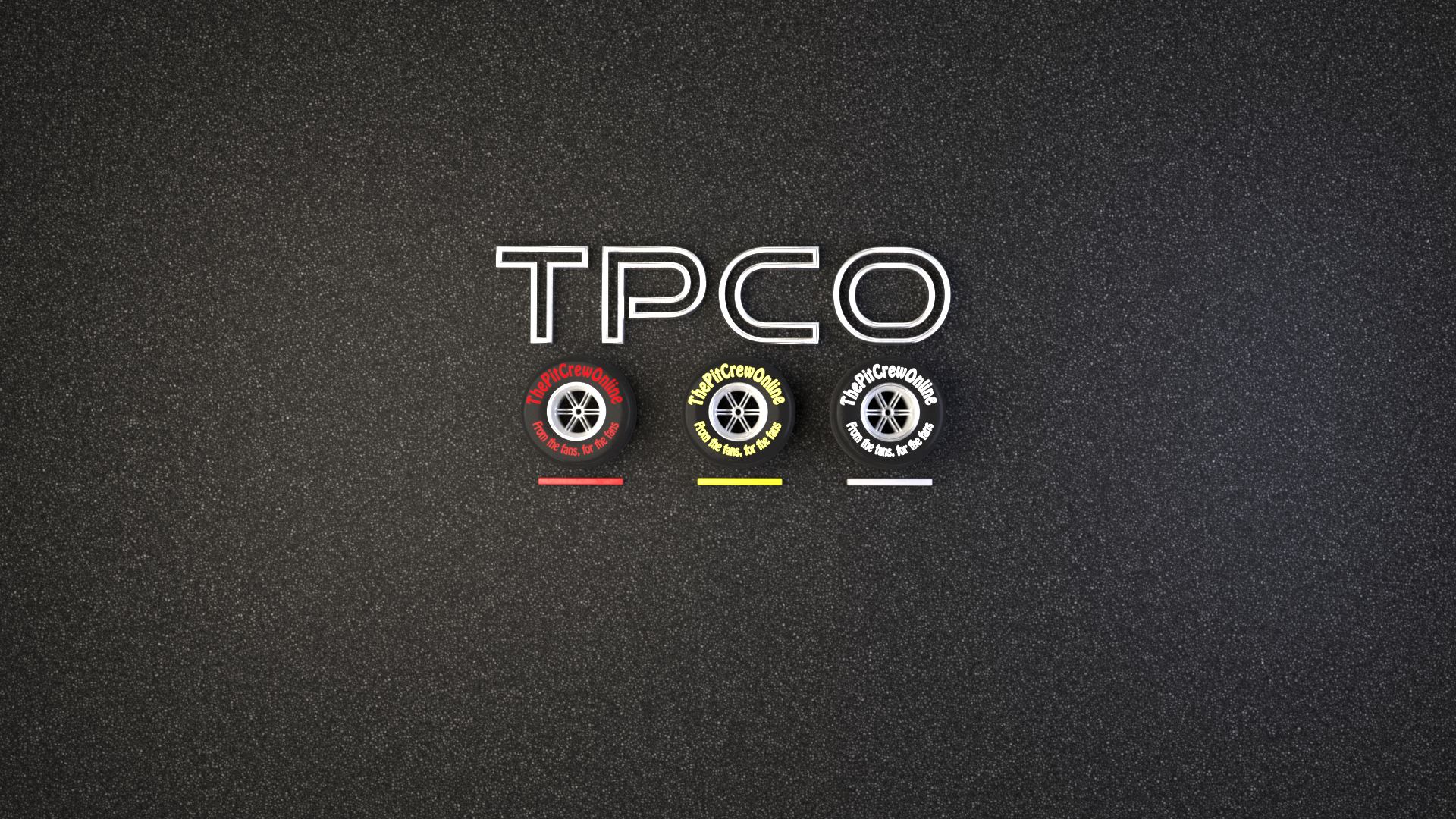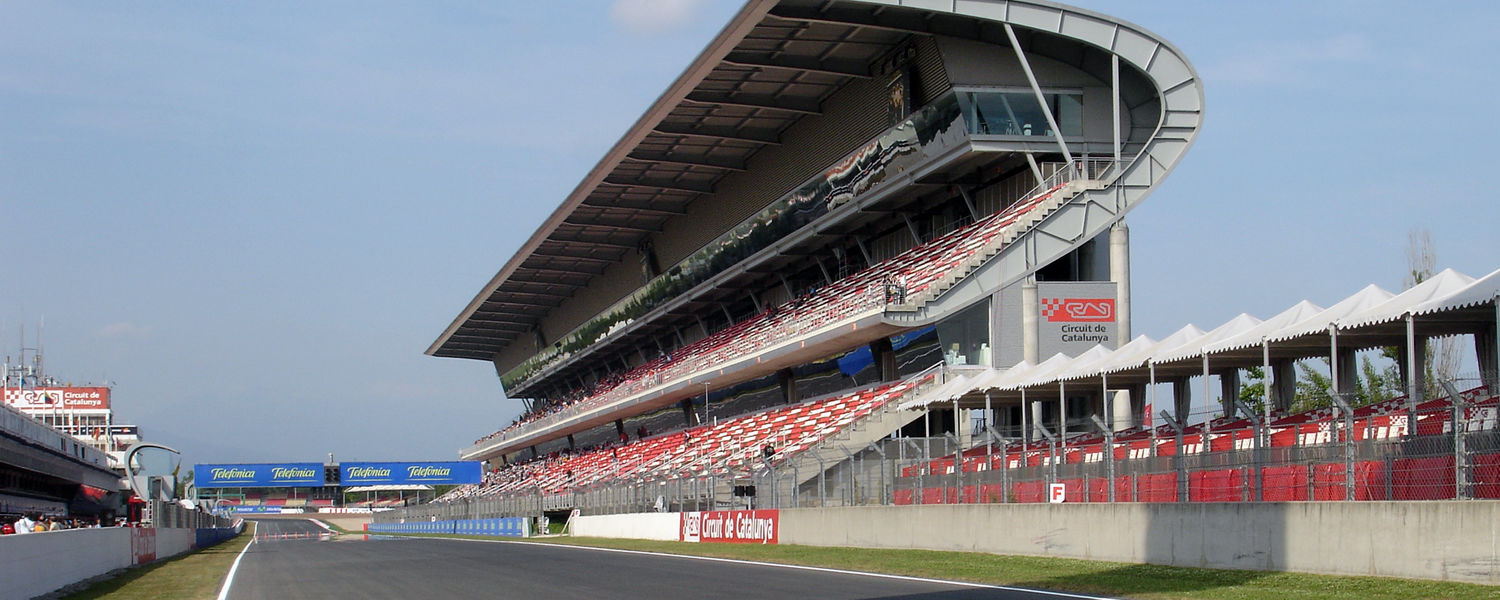Well, who else needed the last fortnight to get over Baku? What a race weekend that was!
It amazed me how much action was served up in Azerbaijan, despite the teams experiencing the chaos of the street circuit last year. However, speaking of tracks that should be well known yet still provide the thrills and spills of a newbie; the Circuit de Barcelona-Catalunya is Formula 1’s next stop.
Final lap, 40+ second lead… what could possibly go wrong?
A lot, as Mika Hakkinen found out at the 2001 #SpanishGP ? pic.twitter.com/J427SMLPdn
— Formula 1 (@F1) May 9, 2018
Although the teams and drivers spend lengthy spells at the home of the Spanish Grand Prix over the winter, as well as of course summer testing and the upcoming race weekend, the 2.8-mile course still offers many difficulties.
If the mixture of high and low-speed corners doesn’t catch you out, or the new track surface, the unpredictable crosswinds probably will; meaning once again it is set to be a challenging three days for the drivers.
The next #F1Esports qualification race gets underway at 20:00 BST! ⏰
Ten drivers. Three Pro Draft slots. One race on @Formula1game ?
Even @alo_oficial can't resist a tour of the #SpanishGP circuit ? pic.twitter.com/YPfeJuZfnG
— Formula 1 (@F1) May 8, 2018
Turn 1, in particular, will be an exciting contest – with it one of the few overtaking hotspots, although the latter stages of the circuit are seen as the most tricky – with maximum speed vital yet hard to come by in the final two corners.
The Circuit de Barcelona-Catalunya, overall, is known as a place where teams struggle to reach their optimum set-up, with the high tyre wear a significant factor in that.
With that in mind, Pirelli has allocated the medium, soft and supersoft tyres – a softer trio of compounds compared to last year due to the new surface, with the latter making its debut at the Barcelona track.

“This year, Barcelona isn’t exactly like going to a new circuit for the teams: but the changes to the surface are still significant enough to alter some of the track’s fundamental characteristics,” Pirelli’s Head of Car Racing, Mario Isola, told Formula 1’s official website.
“We too have made a change by reducing the tread depth on the slick tyres to reduce the risk of overheating, as we will also do for Paul Ricard and Silverstone, but it’s not a change that any of the drivers will notice in terms of performance or stint length.
“The teams already have some knowledge of the new asphalt from pre-season testing, but the weather is now much warmer, the cars considerably faster and there will also be some ageing of the surface.
“This year, we bring the supersoft to the Spanish Grand Prix – effectively, two steps softer than the softest nomination in 2017, as all the compounds are a step softer anyway – so the homework done in free practice will be particularly important.”

